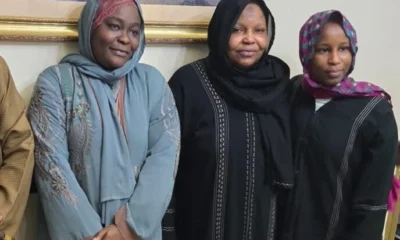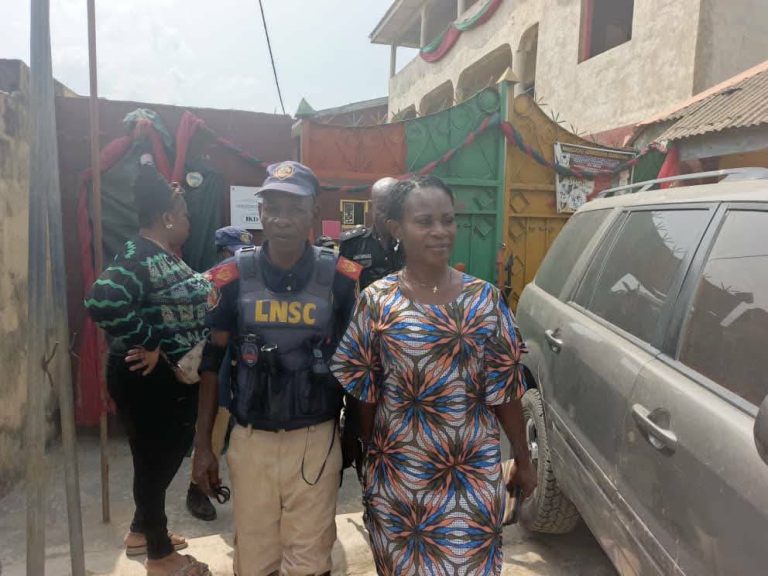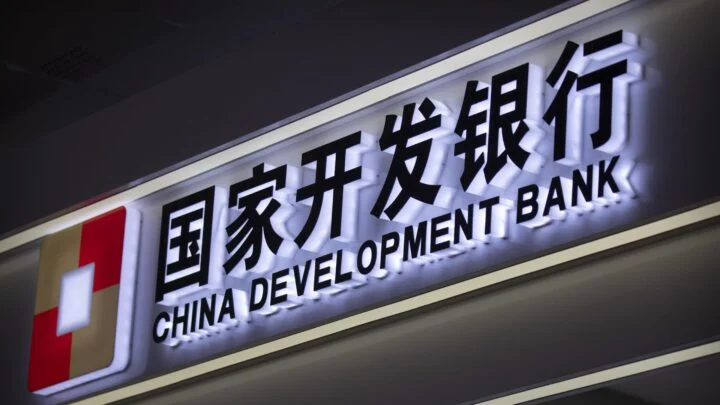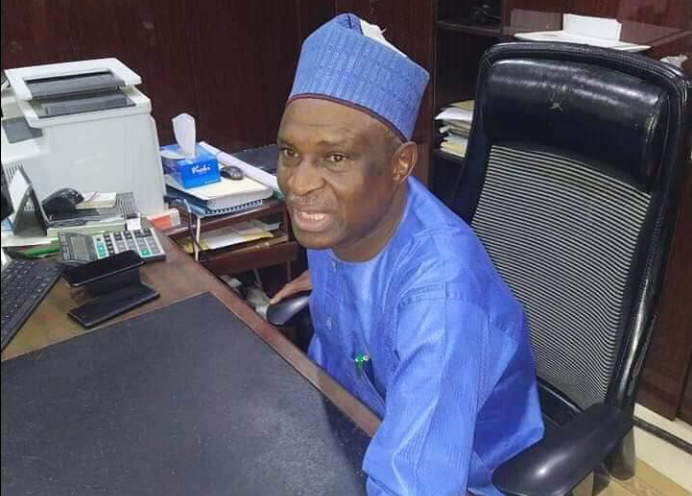The Chairman of the Academic Staff Union of Universities (ASUU), University of Ibadan chapter, Prof. Ayo Akinwole, yesterday faulted the moves by the federal government to reopen all schools, especially universities, without taking responsibility for the schools to meet COVID-19 precautionary guidelines.
Akinwole in a statement made available to journalists yesterday, said those leading the agitation for the re-opening of schools are private school owners, due to the negative impacts of the COVID-19 pandemic on them, warning that no pecuniary gain is more than the lives of lecturers and their students.
The ASUU boss, who noted that before the COVID-19 pandemic, public universities were overcrowded with students, while hostel facilities take more than its capacity, charged parents not to jubilate at the news of possible reopening of schools, but should rather charge the government to take responsibility for whatever surge in COVID-19 that may happen as a result of the ‘ill-thought’ out re-opening.
He said while the National Assembly members can afford to observe social distancing in the National Assembly complex, the same is not possible with overcrowded classrooms due to “the wickedness of the ruling class not to properly fund public education.”
Akinwole maintained that ASUU as a responsible union owes Nigerians the duty to warn against the danger of not meeting the Nigerian Centre for Disease Control (NCDC) guidelines and exposing the lives of the children of the masses to the danger of contracting COVID-19.
According to him, “Our union notes that there have been agitations in some quarters for the government to re-open schools. Leading this campaign are the proprietors of private universities. ASUU is not in any way opposed to this call. However, Nigerians should honestly interrogate this position. Has the Nigerian Government met the NCDC criteria on COVID-19 protocols in our institutions? Must we endanger the lives of our children for pecuniary gains? Are these agitations not borne out of protecting their business interests?
“The COVID-19 pandemic is still very much with us. It is in recognition of this fact that the government has rolled out certain conditions to be met before schools are re-opened. How many of our public institutions can confidently vouch for the safety of our children given the available facilities such as the provision of running water for handwashing; social distancing among students, and the use of recommended face masks and shields, which are key components of NCDC protocols?
“A situation where a room meant for four now houses 20 students cannot be said to be social-distancing compliant. What we are simply saying is that the federal government should adhere to their own set guidelines. Our position, as a responsible union, on all these, is that opening schools in the midst of all these is an open invitation to the tragic explosion of the COVID-19 scourge on a scale never witnessed anywhere since its outbreak! When this happens, Nigerians will not say that they were never warned.”

 BIG STORY3 days ago
BIG STORY3 days ago
 BIG STORY8 hours ago
BIG STORY8 hours ago
 BIG STORY3 days ago
BIG STORY3 days ago
 BIG STORY3 days ago
BIG STORY3 days ago
 BIG STORY2 days ago
BIG STORY2 days ago
 BIG STORY2 days ago
BIG STORY2 days ago
 BIG STORY3 days ago
BIG STORY3 days ago
 BIG STORY3 days ago
BIG STORY3 days ago
























